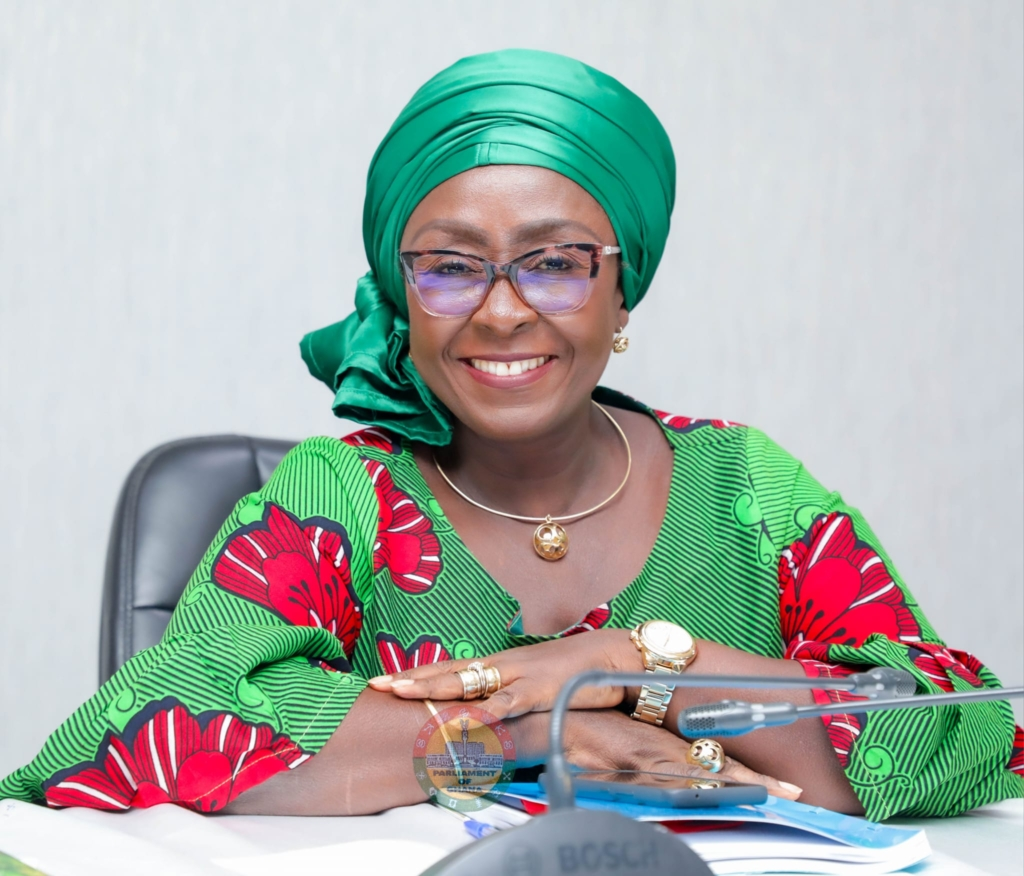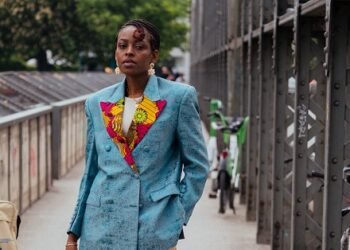In an era where digital media permeates every aspect of life, the importance of culturally relevant content for children cannot be overstated.
Animation, as a powerful medium of storytelling, has the potential to shape young minds and instill values, traditions, and knowledge.
Yet, Ghanaian children are often exposed to foreign animated content that does not reflect their cultural realities or address their unique experiences.
This gap presents a compelling case for the Ghanaian government to prioritize the creation of homegrown animated content.
By investing in this sector, the government promotes cultural identity, stimulates economic growth, and enhances educational outcomes for children.
A concerned parent and radio personality, Stephen Mensah, has appealed to the government to prioritise the creation of Ghanaian-made animated content for children.
According to him, foreign cartoons and nursery rhymes have dominated the minds of young Ghanaians at a critical development stage.
In a Facebook post directed at Abla Dzifa Gomashie, the Minister of Tourism, Culture, and Creative Arts, Mensah highlighted how popular foreign shows are shaping children’s languages, values, and worldviews, often at the expense of local traditions.
“They sing nursery rhymes in American and British accents. They learn about snow, Halloween, pumpkins, and Santa Claus, while many have never heard of Homowo, Aboakyer, Adae, or even our rich Ananse stories. They’re learning confidence and kindness from characters that don’t look, sound, or live like them. But this isn’t just about entertainment, it’s education. And it’s some of the most powerful education they receive during their most formative years.”
Stephen Mensah
Mensah urged the government to fund and lead a national initiative to produce high-qualiry, culturally-relevant animated content for children aged 0 to 7.

According to him, these shows must reflect Ghanaian values, culture, and environment, be easily accessible on platforms like YouTube, YouTube Kids, and on national TV.
“Our children deserve to see themselves on screen. They need to hear their mother tongue, see their culture celebrated, and learn foundational values like respect, honesty, teamwork, and responsibility, through stories they understand. Right now, external cultures dominate their mental world. If we don’t step in, we risk raising a generation emotionally connected to everywhere but home.”
Stephen Mensah
One of the most significant benefits of creating Ghanaian-made animated content is the opportunity it provides for cultural representation. Children are impressionable and often internalize the values, norms, and narratives presented to them through media.
By producing animations that reflect Ghanaian folklore, history, and societal values, the government helps instill a sense of pride and identity in young viewers.
Stories featuring local heroes, traditional practices, and indigenous languages foster a deeper understanding of Ghanaian culture, encouraging children to appreciate their heritage and community.
Moreover, representation in media is crucial for the development of self-esteem and confidence among children. When children see characters that look like them and share their experiences, they are more likely to feel valued and understood.
This sense of belonging significantly impacts their personal development and social interactions, leading to a more cohesive society.
Economic Growth, Job Creation Through Local Animated Content

Investing in the production of animated content is not only a cultural imperative but also an economic opportunity. The global animation industry is a multi-billion-dollar market, and Ghana has the potential to carve out its niche within this lucrative field.
By supporting local animators, writers, and production teams, the government creates jobs and stimulates economic growth.
The establishment of animation studios and training programs provides young Ghanaians with valuable skills in digital media, storytelling, and technology.
This investment in human capital leads to a new generation of creative professionals who contribute to the global animation landscape.
Furthermore, as Ghanaian-made content gains recognition, it attracts international partnerships and collaborations, further enhancing the country’s economic prospects.
Animated content is not only entertaining; it is also a powerful educational tool. The use of animation in educational settings has been shown to enhance learning outcomes, particularly for young children.
By prioritizing the creation of educational animated content, the government addresses gaps in the current educational system. For instance, animations that teach mathematics, science, and literacy in a fun and engaging way help improve academic performance and foster a love for learning.
Additionally, animated content is used to address pressing social issues, such as health education, environmental awareness, and social cohesion.
By leveraging animation to impart important messages, the government plays a pivotal role in shaping the values and knowledge of the next generation.
Global Competitiveness with Local Animated Content

In a rapidly globalizing world, the ability to produce high-quality animated content is essential for any nation aspiring to compete on the international stage.
By investing in the development of a robust animation industry, Ghana positions itself as a leader in the African creative sector. This not only enhances the country’s cultural footprint but also attracts tourism and investment.
Countries like Nigeria and South Africa have already made significant strides in their animation industries, producing content that resonates both locally and internationally.
Ghana has the talent and creativity necessary to follow suit, but it requires government support and strategic investment to realize this potential.
The call for the Ghanaian government to prioritize the creation of locally produced animated content for children is not merely an appeal for cultural preservation; it is a strategic move towards fostering economic growth, enhancing educational outcomes, and establishing a strong national identity.
By investing in this vibrant sector, the government ensures that Ghanaian children have access to content that reflects their realities, celebrates their culture, and prepares them for a competitive future. The time to act is now; the future of Ghanaian children depends on it.







